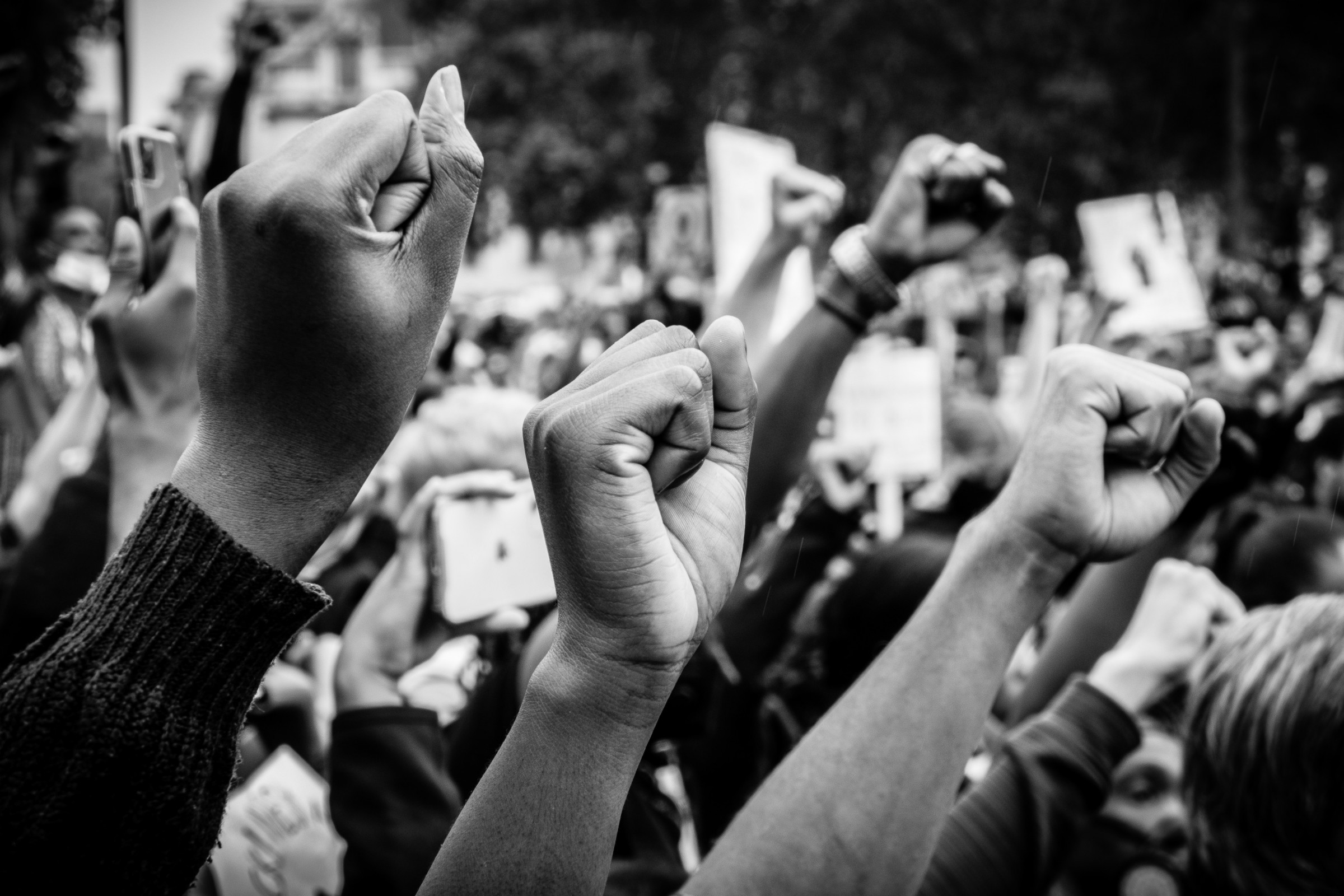Changing Democracies

-
Initiated by
Evens Foundation and EuroClio
-
Partners
- Association of History Educators Greece (Greece);
- Autres Directions (Netherlands);
- Borderland Foundation (Poland);
- Escola de Cultura de Pau (Spain);
- EuroClio (Netherlands);
- Faculty of Arts, Charles University (Czech Republic);
- Flemish Peace Institute (Belgium);
- In Medias Res (Netherlands);
- Institute of Research in Art, Design and Society, University of Porto (Portugal);
- Museum of Slavonia (Croatia);
- Mediawise Society (Romania);
- Open Lithuania Foundation (Lithuania)
-
Timeline
2023 – 2024
- Contacts
Democracy is in crisis. Trust in democratic institutions is falling. In Europe (and beyond), we are (still) witnessing the rise of populism, authoritarianism, extremist parties, illiberal democracies, growing inequality between rich and poor, increasing polarisation and even a new war.
Changing Democracies explores how Europe’s living history might help us to understand the current crisis of democracy. The project aims to contribute to building a shared European memory space, where histories and memories of communism, dictatorships, resistance, transitions, war and peace can be communicated and explored to help us better understand what processes are needed for democracy to fulfil its promises and how agency and active citizenship can be imagined in different ways.
Gathered by local partners in their communities across the continent, these testimonies will be integrated into different outputs: an interactive website, a documentary, an educational resource pack, exhibitions etc. These will be brought to people around Europe who have never experienced life in a non-democratic system, aiming to enhance the dialogue around democracy across generations and cultures.
Changing Democracies is a two-year, flagship project for the Evens Foundation and its partners. It is funded by the EU, as part of the Citizens, Equality, Rights and Values Programme (CERV).
More about the Changing Democracies Consortium
Brought together by the Evens Foundation and EuroClio, the Consortium includes organisations from ten different countries, encompassing project managers, event managers, financial administrators, historians, researchers (in oral history and peace), creatives (including designers and film producers), journalists, human rights activists and educators (teachers, teacher educators, textbook authors, and museum and art educators).
The project builds upon each partner’s existing research as well as their expertise and experience in working with diverse audiences. Between them, the partners are able to interact in 20 different languages – a key factor in collating a broad and diverse set of individual histories.
The project will begin at the local level, with each partner collecting stories in their region – Belgium, the Netherlands, Spain, Portugal, Croatia, Greece, Czechia, Romania, Lithuania, and Poland – representing almost half of the EU while focusing mainly on countries with more recent experiences of transition.
To find out more about each partner, click on the links in the partners' panel on the left of this page.
For activities involving children and young people in this project, we are guided by the Changing Democracies Children and Young People Protection Policy.
changingdemocracies_children-youngpeopleprotectionpolicy.pdf.

Democracy is in crisis. Trust in democratic institutions is falling. In Europe (and beyond), we are (still) witnessing the rise of populism, authoritarianism, extremist parties, illiberal democracies, growing inequality between rich and poor, increasing polarisation and even a new war.
Changing Democracies explores how Europe’s living history might help us to understand the current crisis of democracy. The project aims to contribute to building a shared European memory space, where histories and memories of communism, dictatorships, resistance, transitions, war and peace can be communicated and explored to help us better understand what processes are needed for democracy to fulfil its promises and how agency and active citizenship can be imagined in different ways.
Gathered by local partners in their communities across the continent, these testimonies will be integrated into different outputs: an interactive website, a documentary, an educational resource pack, exhibitions etc. These will be brought to people around Europe who have never experienced life in a non-democratic system, aiming to enhance the dialogue around democracy across generations and cultures.
Changing Democracies is a two-year, flagship project for the Evens Foundation and its partners. It is funded by the EU, as part of the Citizens, Equality, Rights and Values Programme (CERV).
More about the Changing Democracies Consortium
Brought together by the Evens Foundation and EuroClio, the Consortium includes organisations from ten different countries, encompassing project managers, event managers, financial administrators, historians, researchers (in oral history and peace), creatives (including designers and film producers), journalists, human rights activists and educators (teachers, teacher educators, textbook authors, and museum and art educators).
The project builds upon each partner’s existing research as well as their expertise and experience in working with diverse audiences. Between them, the partners are able to interact in 20 different languages – a key factor in collating a broad and diverse set of individual histories.
The project will begin at the local level, with each partner collecting stories in their region – Belgium, the Netherlands, Spain, Portugal, Croatia, Greece, Czechia, Romania, Lithuania, and Poland – representing almost half of the EU while focusing mainly on countries with more recent experiences of transition.
To find out more about each partner, click on the links in the partners' panel on the left of this page.
For activities involving children and young people in this project, we are guided by the Changing Democracies Children and Young People Protection Policy.
changingdemocracies_children-youngpeopleprotectionpolicy.pdf.

-
Initiated by
Evens Foundation and EuroClio
-
Partners
- Association of History Educators Greece (Greece);
- Autres Directions (Netherlands);
- Borderland Foundation (Poland);
- Escola de Cultura de Pau (Spain);
- EuroClio (Netherlands);
- Faculty of Arts, Charles University (Czech Republic);
- Flemish Peace Institute (Belgium);
- In Medias Res (Netherlands);
- Institute of Research in Art, Design and Society, University of Porto (Portugal);
- Museum of Slavonia (Croatia);
- Mediawise Society (Romania);
- Open Lithuania Foundation (Lithuania)
-
Timeline
2023 – 2024
- Contacts